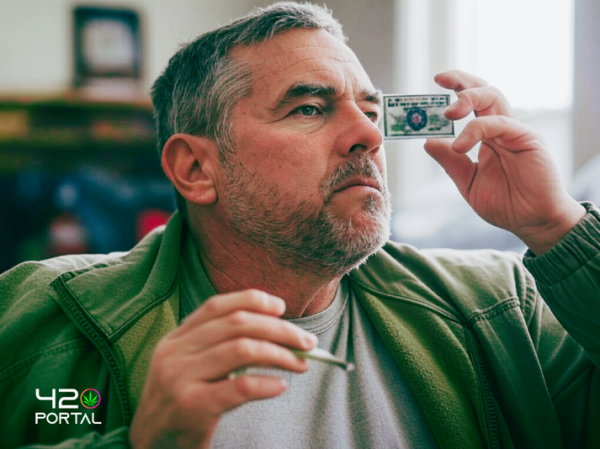Florida Lawmakers Propose Free Medical Marijuana Cards for Veterans

04/11/2025
In a move to support U.S. military veterans, lawmakers in Florida are pushing a new initiative to provide free access to medical marijuana cards. The proposal aims to ease the financial burden on veterans seeking alternative treatments for conditions like chronic pain, PTSD, and anxiety—issues that disproportionately affect those who have served. By eliminating the cost of obtaining a state-issued marijuana card, the plan could make it easier for veterans to legally access cannabis, which many report as a helpful supplement or alternative to traditional prescription medications.
Florida’s medical marijuana program, established in 2016, already allows patients with qualifying conditions to obtain cannabis with a doctor’s recommendation. However, the associated fees—such as the $75 annual card cost and additional expenses for physician visits—can add up, creating barriers for veterans living on fixed incomes or disability benefits.
Advocates argue that waiving these fees is a small but meaningful way to honor veterans’ service, especially given the growing body of anecdotal evidence suggesting marijuana’s potential benefits for mental and physical health challenges common among this group.
The push comes amid broader discussions about veterans’ healthcare and the role of cannabis in addressing the opioid crisis. Supporters highlight that marijuana could reduce reliance on addictive painkillers, a pressing concern for a population that has faced high rates of opioid prescriptions. Critics, however, caution that more research is needed to fully understand marijuana’s long-term effects and efficacy, urging lawmakers to proceed carefully.
If approved, the measure could set a precedent for other states with legal medical marijuana programs. Florida would join a handful of regions exploring ways to integrate cannabis into veteran care, reflecting a shift in attitudes toward the drug’s therapeutic potential. For now, the proposal is under consideration, with backers hopeful it will gain traction as a bipartisan effort to support those who’ve served. Veterans’ groups are watching closely, optimistic that this could mark a step toward more accessible, holistic treatment options.
Reference
Florida’s medical marijuana program, established in 2016, already allows patients with qualifying conditions to obtain cannabis with a doctor’s recommendation. However, the associated fees—such as the $75 annual card cost and additional expenses for physician visits—can add up, creating barriers for veterans living on fixed incomes or disability benefits.
Advocates argue that waiving these fees is a small but meaningful way to honor veterans’ service, especially given the growing body of anecdotal evidence suggesting marijuana’s potential benefits for mental and physical health challenges common among this group.
The push comes amid broader discussions about veterans’ healthcare and the role of cannabis in addressing the opioid crisis. Supporters highlight that marijuana could reduce reliance on addictive painkillers, a pressing concern for a population that has faced high rates of opioid prescriptions. Critics, however, caution that more research is needed to fully understand marijuana’s long-term effects and efficacy, urging lawmakers to proceed carefully.
If approved, the measure could set a precedent for other states with legal medical marijuana programs. Florida would join a handful of regions exploring ways to integrate cannabis into veteran care, reflecting a shift in attitudes toward the drug’s therapeutic potential. For now, the proposal is under consideration, with backers hopeful it will gain traction as a bipartisan effort to support those who’ve served. Veterans’ groups are watching closely, optimistic that this could mark a step toward more accessible, holistic treatment options.
Reference







